Dennis O’Neil: Puzzles
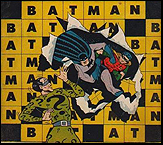 Show of hands: who here works the New York Times crossword puzzle? Okay, put ‘em down. Those of you who raised your hands, and you know who you are (though I don’t) might have a definition for the word “olio,” which has been known to appear in the puzzle now and again, and nowhere else that I’ve ever seen. The rest of you? Well, maybe I just shrugged. (How can you ever be sure?)
Show of hands: who here works the New York Times crossword puzzle? Okay, put ‘em down. Those of you who raised your hands, and you know who you are (though I don’t) might have a definition for the word “olio,” which has been known to appear in the puzzle now and again, and nowhere else that I’ve ever seen. The rest of you? Well, maybe I just shrugged. (How can you ever be sure?)
Anyway, today’s blatherthon will be a bit of an olio.
Which we’ll begin with an item about, yes, a crossword puzzle. The Daily Show’s Jon Stewart enlisted the puzzle’s editor, Will Shortz, in helping him propose to the lady who’s now Mrs. Stewart. Together, they concocted a puzzle that contained the proposal and gave it to the object of Jon’s affections. You can guess the rest. And is this not one of the coolest proposals ever?
Had lunch Saturday with my old pal/colleague Carl Potts, who informed me that another one-time colleague, Bobbie Chase, has joined her old boss, Bob Harris, in the enchanted precincts of DC Comics editorial suite. I knew both Bob and Bobbie when I worked for Marvel Comics long ago. The comics biz thus continues to be a revolving door kind of enterprise with many creative and editorial serfs going from one company to the other and maybe back again. Yet both companies have managed to retain their identities. Curious, huh? Any business majors looking for a thesis topic? Or do you disagree? Could I be wrong? Did I just shudder? (How can you ever be sure?)
Notice the italicized word in the previous paragraph? If not, maybe it isn’t there and Crankus, the evil god of technology, has struck again! Italics were absent from a sentence in last week’s blatherthon, spirited away somewhere between this computer and your screen. Gone! Pfut! And does this mean that some did not get the joke the italic was supposed to serve, and did legions weep?
Notice the exclamation point in the previous paragraph? You did. Ah, Crankus is napping. But did you know that when I crept into the comics business 47 years ago, give or take, we writers were instructed to end (here comes another italic) every sentence with an exclaimer? Enough to make a (punctuation-loving) grammarian gag, isn’t it? Newly minted young snot English major that I was back then, I bristled, but so slightly that no one noticed and besides, the guys in suits (italics alert!) did have a reason for the rule. We were told that the printing was so crude that ordinary periods might not transfer onto the page.
About those guys in suits: that was pretty much everyone who had a desk job. First day, I got my orders: suit and tie, though maybe nice jacket and tie might have eked past muster. Bit of a problem for me because, though I was used to wearing ties, I didn’t have a suit. Roy Thomas took me to Macy’s and I dropped a fast thirty bucks or so on new haberdashery. At last, the big time…
RECOMMENDED LEARNING EXPERIENCE: The Spiritual Brain: Science and the Religious Experience. Lecture series presented by Dr. Andrew Newberg, from The Teaching Company/Great Courses.
Friday: Martha Thomases Gets Soapy

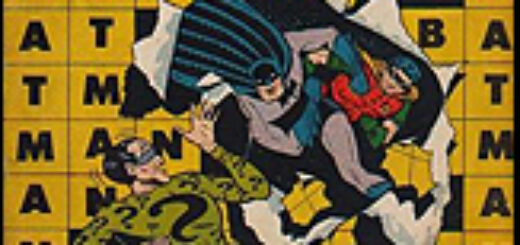
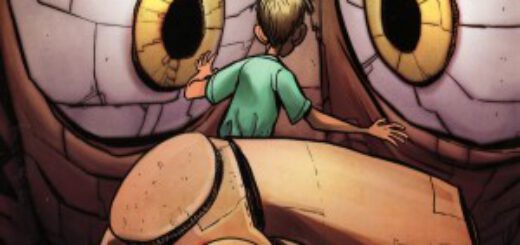

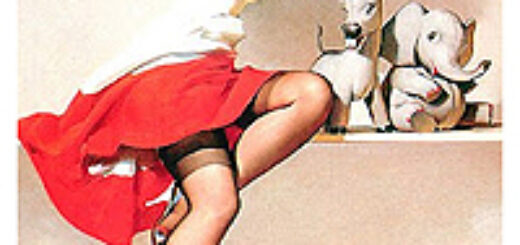
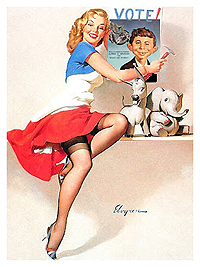
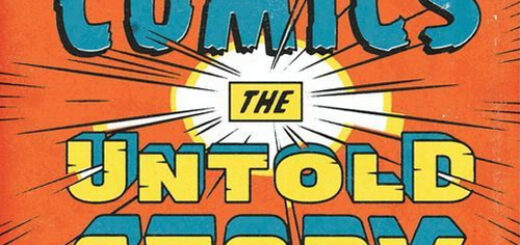
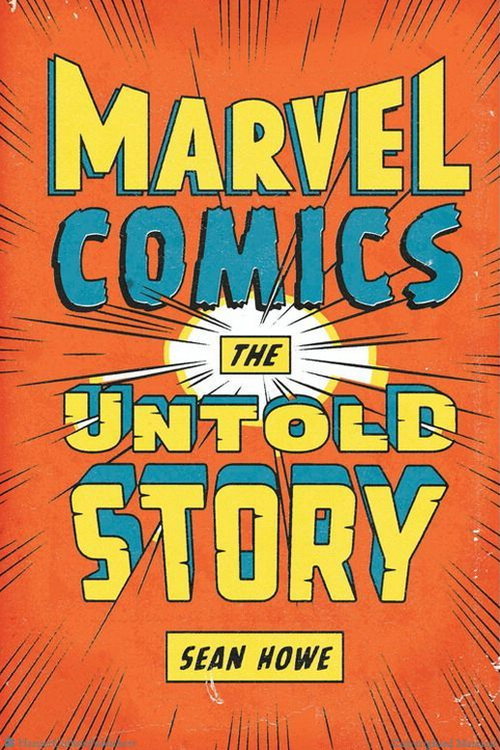 Despite the massive mainstream success of comic-to-screen adaptations like Marvel’s [[[The Avengers]]] and DC’s [[[The Dark Knight Rises]]], there hasn’t been much serious scholarship or long-form journalism around the superhero comic book industry in the last few decades. Any time a newspaper or magazine takes a crack at it, the stories tend to be ego-inflating looks at how a chosen few grizzled visionaries (usually Stan Lee and only Stan Lee) created an entire industry out of whole cloth and had the time of their life doing it, while publisher-sponsored histories tend to focus on the characters, rather than the creators.
Despite the massive mainstream success of comic-to-screen adaptations like Marvel’s [[[The Avengers]]] and DC’s [[[The Dark Knight Rises]]], there hasn’t been much serious scholarship or long-form journalism around the superhero comic book industry in the last few decades. Any time a newspaper or magazine takes a crack at it, the stories tend to be ego-inflating looks at how a chosen few grizzled visionaries (usually Stan Lee and only Stan Lee) created an entire industry out of whole cloth and had the time of their life doing it, while publisher-sponsored histories tend to focus on the characters, rather than the creators.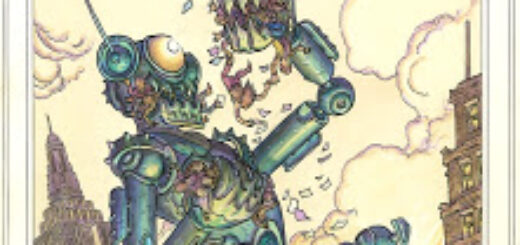

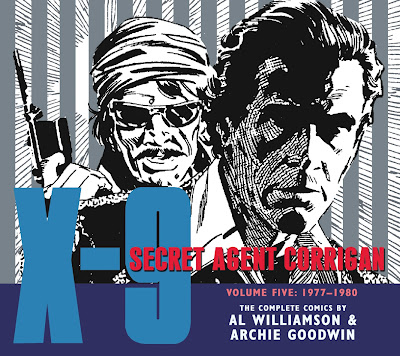
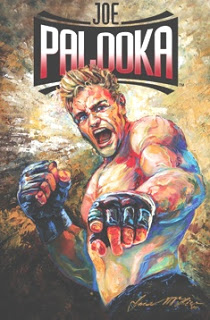
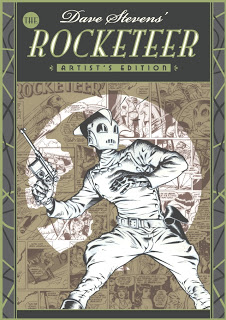
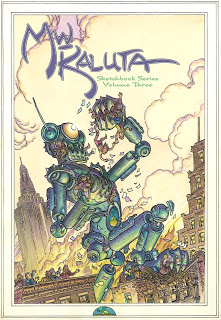
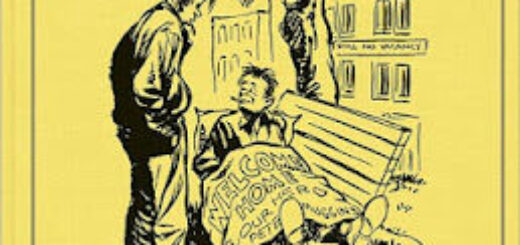
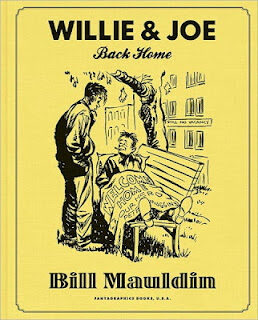 This book — collecting the cartoons Mauldin created for syndication from July of 1945 through the end of 1946 — cannot be fully appreciated by just reading those cartoons. Luckily,
This book — collecting the cartoons Mauldin created for syndication from July of 1945 through the end of 1946 — cannot be fully appreciated by just reading those cartoons. Luckily, 
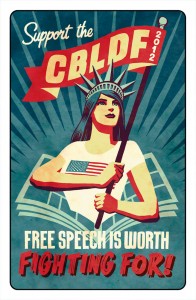 Just last week, the CBLDF website was recognized by Tom Spurgeon with The Comics Reporter for our “content explosion,” and we want to do more! CBLDF is looking for contributors to add to our already spectacular roster of bloggers. Whether you’re a journalism student looking for experience, a passionate fan of comics and Free Speech, or an educator and librarian who wants to share your experiences, CBLDF is looking for your voice!
Just last week, the CBLDF website was recognized by Tom Spurgeon with The Comics Reporter for our “content explosion,” and we want to do more! CBLDF is looking for contributors to add to our already spectacular roster of bloggers. Whether you’re a journalism student looking for experience, a passionate fan of comics and Free Speech, or an educator and librarian who wants to share your experiences, CBLDF is looking for your voice! Jim Sokolowski, formerly of Marvel and DC Comics, joins Archie Comics as Senior Vice President – Sales and Business Development. “Ski” will oversee the company’s sales efforts in the direct, bookstore, digital and newsstand markets and guide plans to expand the reach of the company’s iconic characters and storylines. “Ski” brings a wealth of experience to the company, having previously served as Chief Operating Officer at Marvel and Executive Director of Publishing Operations at DC Comics.
Jim Sokolowski, formerly of Marvel and DC Comics, joins Archie Comics as Senior Vice President – Sales and Business Development. “Ski” will oversee the company’s sales efforts in the direct, bookstore, digital and newsstand markets and guide plans to expand the reach of the company’s iconic characters and storylines. “Ski” brings a wealth of experience to the company, having previously served as Chief Operating Officer at Marvel and Executive Director of Publishing Operations at DC Comics.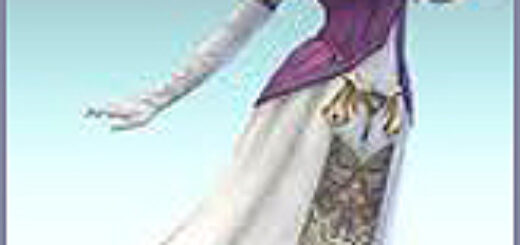
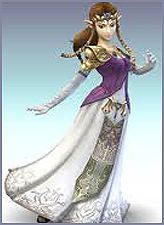
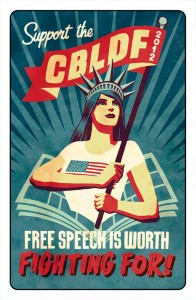 Are you a journalism student looking for blogging experience? Or a fan of comics and manga with great writing skills and something to say about Free Speech? Are you an educator or librarian who’s a dedicated supporter of the First Amendment? CBLDF would like to include your voice on our website!
Are you a journalism student looking for blogging experience? Or a fan of comics and manga with great writing skills and something to say about Free Speech? Are you an educator or librarian who’s a dedicated supporter of the First Amendment? CBLDF would like to include your voice on our website!








